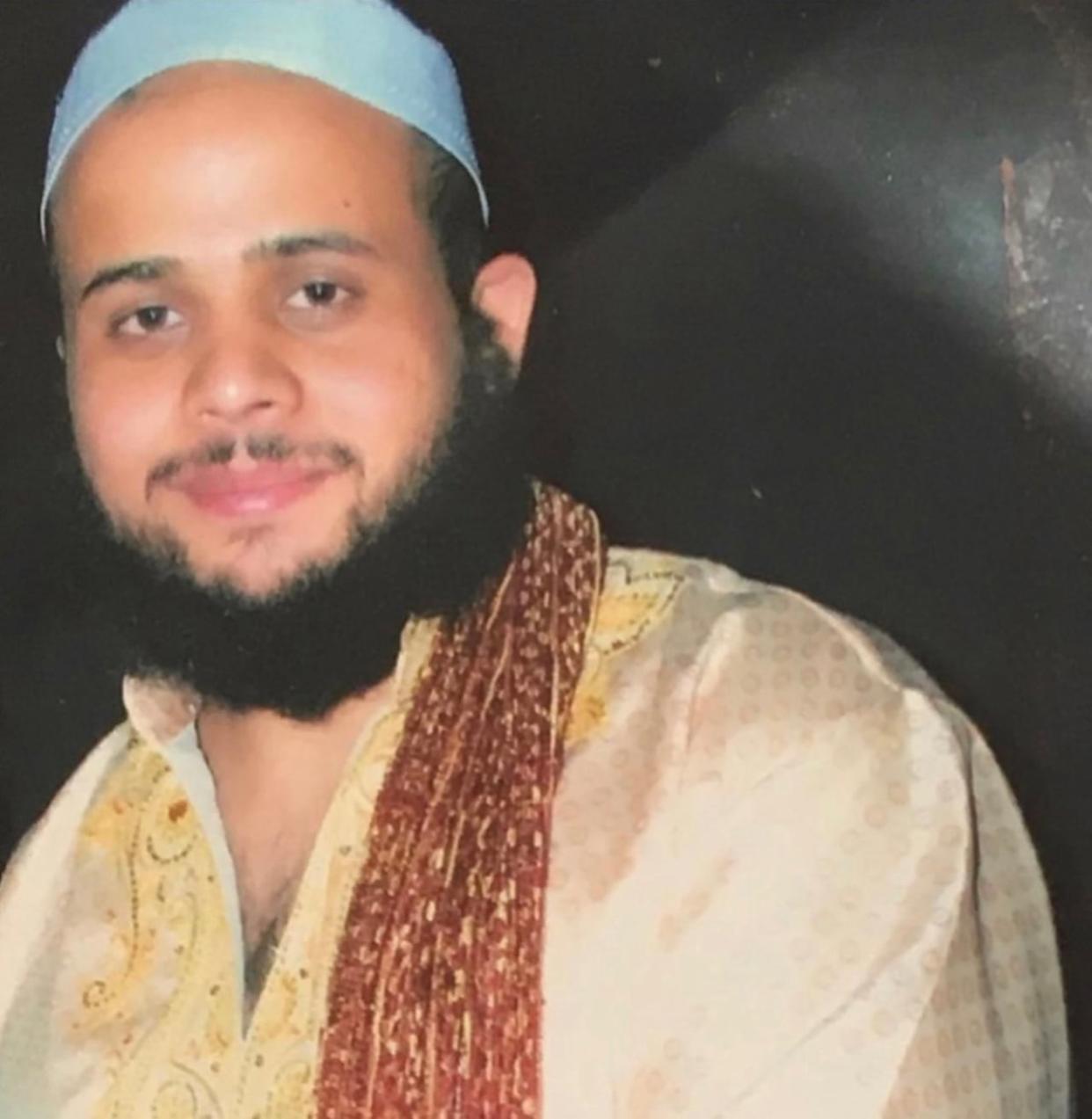Soleiman Faqiri's death should be deemed a homicide, Ontario's coroner's counsel says

Ontario's coroner's office is calling for Soleiman Faqiri's jail cell death to be deemed a homicide.
"Inquest counsel is proposing homicide as the appropriate manner of death in this case," coroner's counsel Prabhu Rajan told jurors at the inquest into Faqiri's death on Friday.
"In our view Soleiman's death was a tragedy, a preventable tragedy," Rajan said. "We don't take this position lightly, but we believe the evidence points in this one direction."
Jurors at the inquest are tasked with determining the manner of Faqiri's death, choosing from one of five options: natural causes, an accident, homicide, suicide or they could find it undetermined.
A homicide verdict does not mean automatic criminal charges. Police can choose to reopen their investigation into Faqiri's death, but are not obligated to do so.
No one was ever charged criminally in connection with Faqiri's death at the Central East Correctional Centre (CECC) in Lindsay, Ont. on Dec. 15, 2016.
At the time of his death, Faqiri, who suffered from schizoaffective disorder — a combination of schizophrenic and bipolar symptoms — was awaiting a medical evaluation at the Ontario Shores Centre for Mental Health Sciences. He had been charged with aggravated assault, assault, and uttering threats following an altercation with a neighbour, but had not been convicted of any crime.
Jurors have heard that by all accounts, Faqiri should not have been in jail but rather at a medical facility.
"I'd like to say there should have been alarm bells going off when Soleiman entered CECC's doors, but we now know and you have heard that well-intentioned people effectively shouted from a rooftop that Soleiman need help," Rajan told jurors.
At no point was Faqiri seen by a psychiatrist or sent to a hospital for treatment.
Faqiri died after being repeatedly struck by guards, pepper sprayed twice, covered with a spit hood and placed on his stomach on the floor of a segregation cell after he was transferred down a long hallway from a shower stall.
His cause of death, previously deemed unascertained, was later deemed to be: "Prone position restraint and musculocutaneous injuries sustained during struggle, exertion and pepper spray exposure in a person with an enlarged heart and worsening schizophrenia."
In other words, while none of his injuries on their own were fatal, his death was the result of being held face down on his stomach and the injuries he suffered while being restrained and repeatedly struck.
There were three successive police investigations into Faqiri's death, one by Kawartha Lakes Police Service, another by the Ontario Provincial Police, and then a reinvestigation by the OPP. In their last investigation, the OPP said there was "insufficient evidence" for charges to be laid.
At the time, lawyers for the family said the OPP told them it was impossible to know which of the six or more guards involved delivered the fatal blow.
The coroner's office is proposing 55 recommendations for jurors to consider with the goal of preventing future deaths like Faqiri's.
"I simply do not want to do any more of these cases," Rajan said.
More to come.


